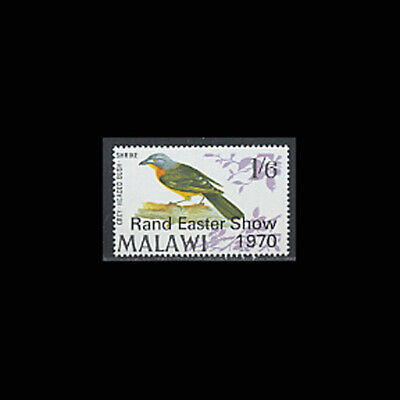Discovering Malawi: A Jewel in Southeast Africa

Introduction
Malawi, often referred to as the “Warm Heart of Africa,” is a landlocked country in southeastern Africa that boasts breathtaking natural landscapes, diverse wildlife, and a rich cultural heritage. With the growing interest in eco-tourism and cultural exchanges, Malawi has become a destination that offers visitors an authentic glimpse into African life. Understanding Malawi’s importance goes beyond its geographical location; it encompasses an appreciation for its cultural traditions, environmental challenges, and developmental progress.
Geography and Biodiversity
Located between Tanzania and Mozambique, Malawi is best known for its stunning Lake Malawi, the third-largest lake in Africa and home to numerous fish species. This freshwater lake serves as a crucial resource for the local economy, providing food and livelihoods for many Malawians. The country’s varied landscapes range from lake shores to highland plateaus, making it a unique habitat for a range of wildlife, including elephants, lions, and a plethora of bird species.
Cultural Heritage
Malawi’s culture is rich and diverse, influenced by various ethnic groups, including the Chewa, Tumbuka, and Yao. Traditional ceremonies, such as the famous Gule Wamkulu dance, showcase the vibrant cultural identity of its people. The warm hospitality of Malawians is another significant aspect of the country’s charm, as locals are known for their friendly and welcoming nature. This has made Malawi a popular spot for tourists seeking authentic cultural experiences.
Economic Development and Challenges
In recent years, Malawi has made strides in improving its economy, with agriculture being the backbone of its GDP. The government has been working on various initiatives to enhance food security, education, and healthcare systems. However, Malawi still faces challenges, including poverty, improper resource management, and vulnerability to climate change, which affects its agricultural output. International aid and investment continue to play a vital role in supporting Malawi’s development efforts.
Conclusion
Amid the challenges, Malawi remains a country of hope and resilience, showcasing the potential of its natural and cultural resources. For those considering travel, Malawi offers unique experiences that are both enriching and educational. It stands not only as a destination but also as a beacon of perseverance and community spirit in the face of adversity. As Malawi continues to evolve, the global community’s awareness and support are crucial in fostering sustainable growth and preserving its unique heritage for future generations.







